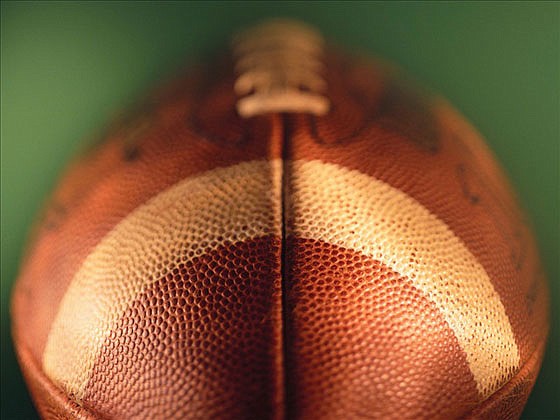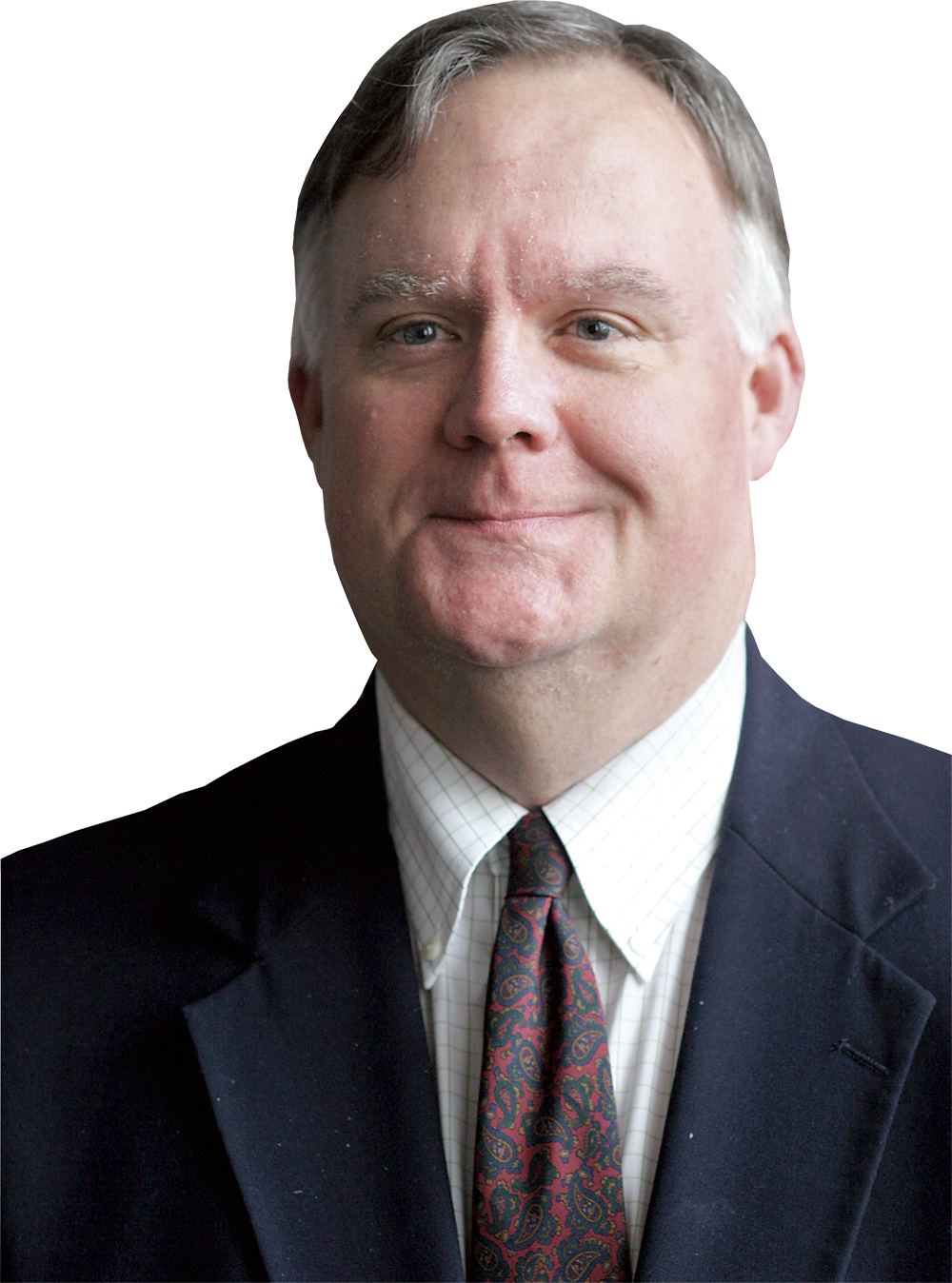Could San Francisco 49ers backup quarterback Colin Kaepernick become Sports Illustrated's Sportsperson of the Year?
Don't laugh.
Especially if the Brainerd Panthers' apparent decision to protest the treatment of blacks in this country by placing closed right fists over their hearts tonight during the national anthem at Marion County becomes more mainstream than maverick through the rest of the 2016 football season.
Said Brainerd High coach Brian Gwyn to this paper Thursday evening: "There has been progress, for sure, but we still have a ways to go, and the only way to make change is to make sure people are talking about it."
It is another stark reminder that most trends trickle down, that Kaepernick's decision on Aug. 26 to sit for the anthem during a 49ers exhibition game to protest what many believe is the mistreatment of blacks - especially by law-enforcement officials - is gaining noticeable traction.
Players from far more than a couple of high schools nationally have staged personal protests. Similar to Brainerd, Woodrow Wilson High School in Camden, N.J., saw its head football coach, Preston Brown, and all but two of his players kneel during the anthem before a game last weekend.
Said Brown to The Associated Press: "I grew up in poverty; a lot of these kids are growing up in poverty. There's a lot of social injustices and economic disparities."
Collegiate players from Indiana State and Nevada (Kaepernick's alma mater) also kneeled this past weekend, as have more than a handful of pros during the NFL's opening weekend, including Miami running back Arian Foster, a former Tennessee Volunter.
Yet even on Brown's own Woodrow Wilson team, there was a dissenter in Edwin "Tank" Lopez, who's already committed to play for Rutgers next season.
Said Lopez to a Philadelphia media outlet: "I've always stood for the national anthem, and I wasn't going to let a little incident in the NFL change that."
Love or loathe Kaepernick, his once solitary protest is a little incident no longer. Since his initial decision to sit during the anthem (he has since begun to kneel), he unequivocally has launched a heated national debate over racism, patriotism, pride, prejudice and the level of tolerance and understanding attached to each.
As Gwyn also noted: "This issue isn't going away. It's a movement that's been started by NFL players, and it'll carry over into pro basketball, too."
What it will lead to is another matter, however. Will it ultimately split teams along racial lines, the majority of blacks kneeling as the majority of whites stand with their hands over their hearts? Could that divide carry over onto the field of play?
Beyond that, what stances will multimillionaire college coaches take, knowing that they might well ruffle conservative, flag-waving boosters if they allow, or even encourage, their players to express personal beliefs should those beliefs run contrary to those boosters?
After all, a black uprising within the University of Missouri football team last fall over stories of racial inequality on its Columbia campus has led to a noticeable decline in enrollment and giving.
Though a Big State U coach such as Clemson's Dabo Swinney already has said he would prefer that his players not protest during the national anthem - which is easy, since the Tigers are in the locker room during the anthem - he's also said he would not order them to stand if they preferred not to.
But could that attitude change if a major booster pulls his support for Swinney, the athletic department or the school in general?
Within all of us there is the business of the heart and the business of the head. They don't always mesh. And when the heart starts costing the head money, a lot of noble intentions get tossed in the trash.
None of this is simple. Especially when it's almost impossible to comprehend what frustration ferments in the African-American soul unless you're an African-American.
Merely consider this quote former Clemson player DeAndre Hopkins, now an NFL Pro Bowler, gave The Associated Press when told of Swinney's remarks: "I was getting called (the N-word) a lot (at a predominantly white South Carolina middle school). I went to the principal and I told him. The principal was a white guy and he said, 'Get used to it. You're going to deal with it your whole life.'"
Added Hopkins with unimpeachable wisdom: "I think it's hard to speak on something that you can't relate to."
This doesn't mean Gwyn believes his own race is without fault.
"Stop shooting each other," he said in his remarks to the Times Free Press. "Don't just be upset when a white cop shoots a black man. Be just as angry when a black man shoots another black man."
There is plenty of upset to go around. As Chattanooga Christian coach Mark Mariakis said, "If we all took a knee because of some issue we didn't agree with, we would never stand up. Ever."
We never, ever thought three weeks ago that a second-team NFL quarterback such as Kaepernick should be considered for Sports Illustrated's Sportsperson of the Year. We expected it to be LeBron James or Olympians Simone Biles, Katie Ledecky or Michael Phelps. Maybe the Cubs as a group.
But three weeks into September, we must now ask ourselves this: If these protests continue to grow, if Brainerd becomes more the rule than the exception, will anyone have impacted American sports more in 2016 than Colin Kaepernick?
Contact Mark Wiedmer at mwiedmer@timesfreepress.com

